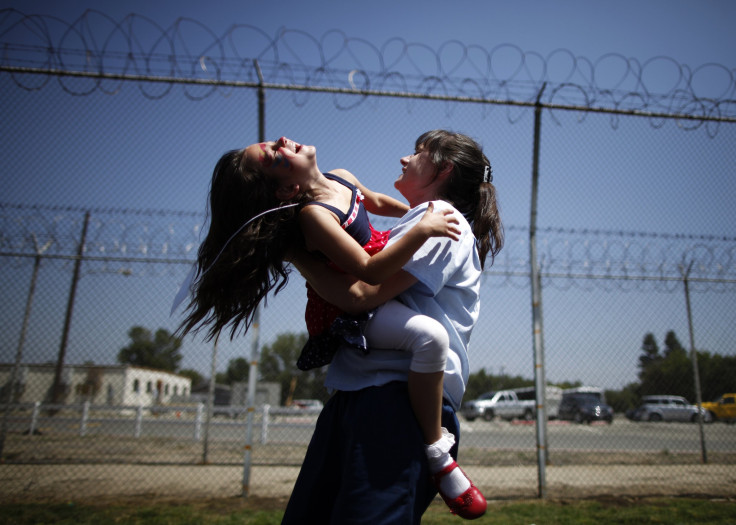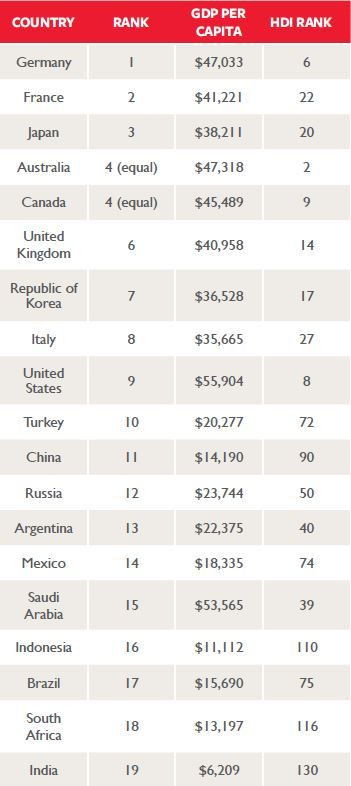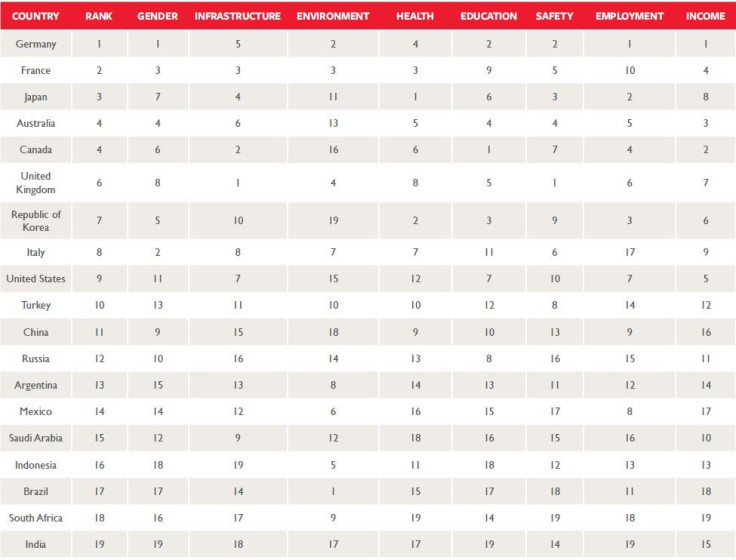US Ranks 9th Among G-20 Nations For Well-Being Of Children, Report Says

Despite being the world’s largest economy in absolute numbers and the richest G-20 country in terms of per capita gross domestic product, the United States fares poorly among the world’s wealthiest nations when it comes to the well-being of its children, according to a new report by Save the Children.
Titled “Economic Playgrounds 2016 — Comparing the lives of children in G20 countries,” the report ranks the U.S. ninth out of the 19 individual countries that form the G-20 (the European Union is the 20th member, and is not included in the report). Germany is at the top of the list while India is at the bottom.
The organization uses a child development index to rank countries. The index is “based on performance across eight dimensions: Health, Education, Income, Safety, Employment, Gender Equality, Infrastructure and the Environment.” Within the eight dimensions are 18 indicators, and the report also uses examples from Australia, China and Indonesia to highlight inequality within countries.

The U.S. was at the ninth place even in 2014, when Save the Children first came out with this report. Canada, Indonesia, Japan, Mexico and the U.K. have improved their ranking in the list, while Australia, Brazil, South Korea and Saudi Arabia have fallen.
The U.S. performed the best under the income category, but even there, in sheer economic terms, it came in at the fifth place, behind Germany, Canada, Australia and France. And the country fared the worst in the environment dimension, coming in at 15th place, trailed by Canada, India, China and South Korea.

The report urges G-20 countries to adopt three guarantees for children — progressive tax systems that benefit children, especially the poorest and excluded; end discrimination and barriers to social and economic participation; and accountability by measurement of multidimensional and monetary poverty.
© Copyright IBTimes 2024. All rights reserved.





















